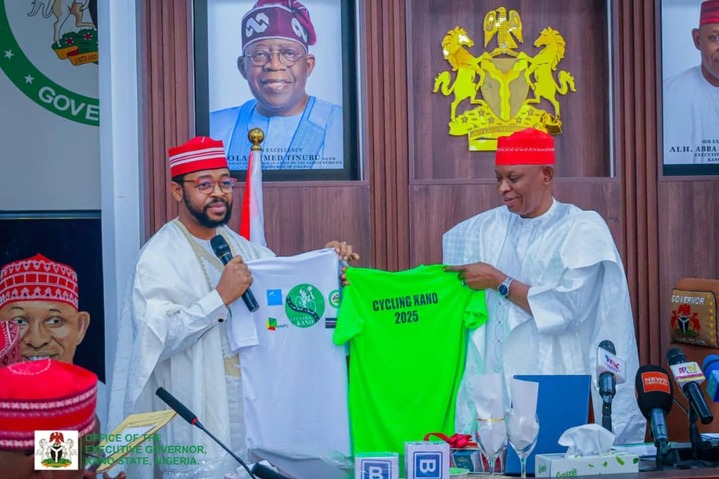• FRC offers fiscal responsibility rules to councils
• Itodo flays conduct of LG polls after S/Court verdict
Human rights activist and lawyer, Niyi Aborisade, yesterday, faulted a former Governor of Lagos State, Babatunde Raji Fashola’s comment on local government autonomy.
Recall that Fashola had, in a live interview, said that local government autonomy was not realistic. Reacting to Fashola’s comment, Aborisade said autonomy was feasible at the grassroots level, lamenting that governors had arrogated local government chairmen’s powers to themselves. He maintained that the 2024 verdict of the Supreme Court had strengthened the need for autonomy.
Aborisade, who was a governorship aspirant in Oyo State in 2027 on the platform of the Peoples Democratic Party (PDP), emphasised that there must be a political will to make local councils autonomous, engender development at the grassroots.
MEANWHILE, the Fiscal Responsibility Commission (FRC) has pledged to provide technical support to states and local governments towards adopting fiscal responsibility rules and enacting fiscal responsibility laws/bylaws.
The Executive Chairman of the commission, Victor Muruako, disclosed the plan also at the policy dialogue organised by Agora Policy, saying the Supreme Court judgment on local government autonomy was not merely a legal milestone, but a clarion call to restore dignity, functionality, and independence to the tier of government closest to the people.
However, he observed that autonomy comes with great responsibility, adding that the FRC was poised to support local government councils with the appropriate fiscal responsibility framework for discharging the responsibilities.
THEY spoke just as the Executive Director of Yiaga Africa, Samson Itodo, noted that local council elections conducted after the Supreme Court’s landmark ruling on LG autonomy were a “travesty” of electoral democracy. Itodo spoke yesterday during a high-level dialogue on local governance reforms, one year after the court’s judgment.
The event, convened by Agora Policy at the Shehu Musa Yar’Adua Centre in Abuja, brought together civic actors, policy experts, and government officials to assess progress on local government reform.
During the panel session at the event, Itodo said only 14 states had elected local councils before the court verdict, noting that the judgment triggered a rush by the remaining states to conduct LG elections.
“In fact, in 2024, we classified October as the super month of local government elections in the country because all the states rushed to conduct elections.
“But the question is not in the conduct of the elections, it’s the quality of the polls. And as of last year, and after the Lagos elections, we concluded that all those elections were a travesty of electoral democracy, and they don’t meet the electoral integrity test,” Itodo said.
Also speaking at the event, the National President of the Association of Local Governments of Nigeria (ALGON), said the court ruling had improved fiscal scrutiny at the local level.
According to him, many local government chairpersons are now subject to investigations by anti-corruption agencies such as the Economic and Financial Crimes Commission (EFCC) and the Independent Corrupt Practices and Other Related Offences Commission (ICPC).






